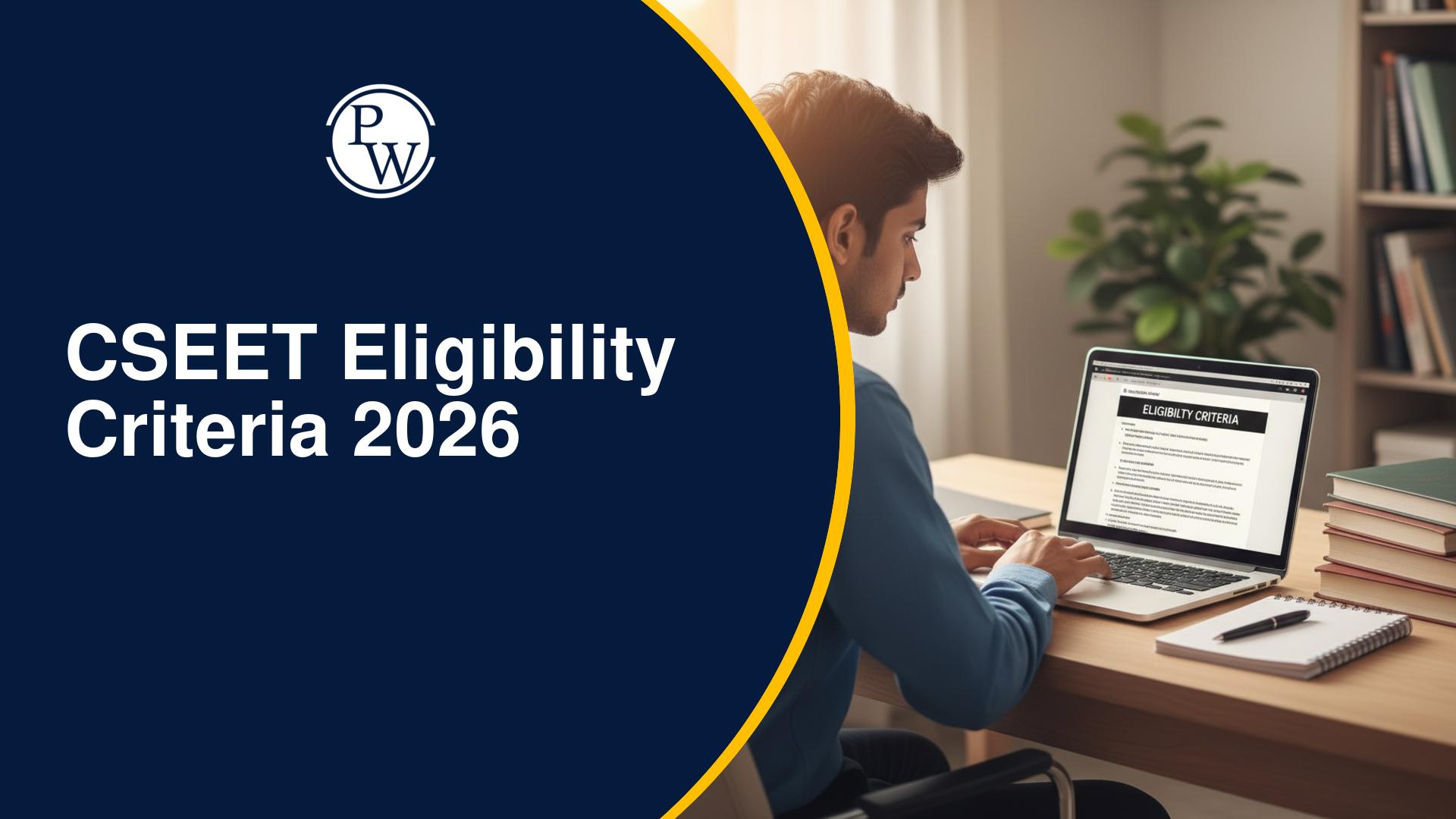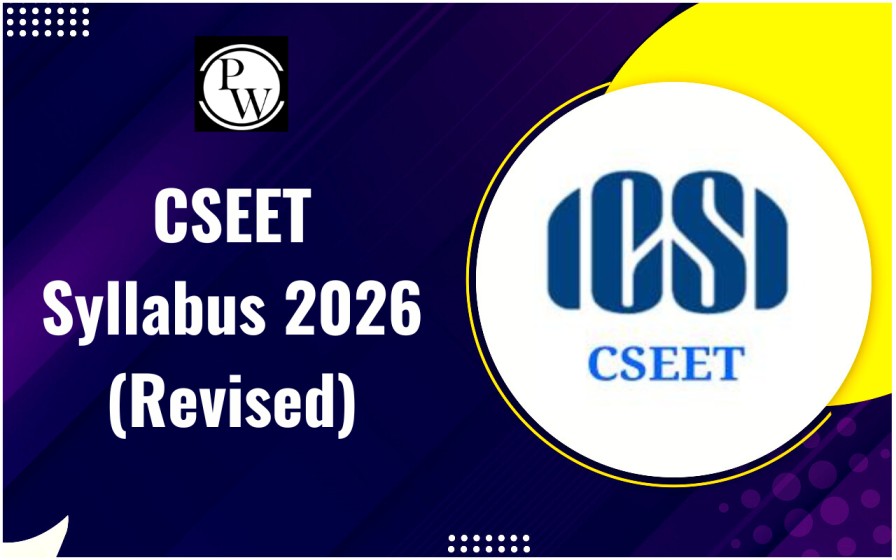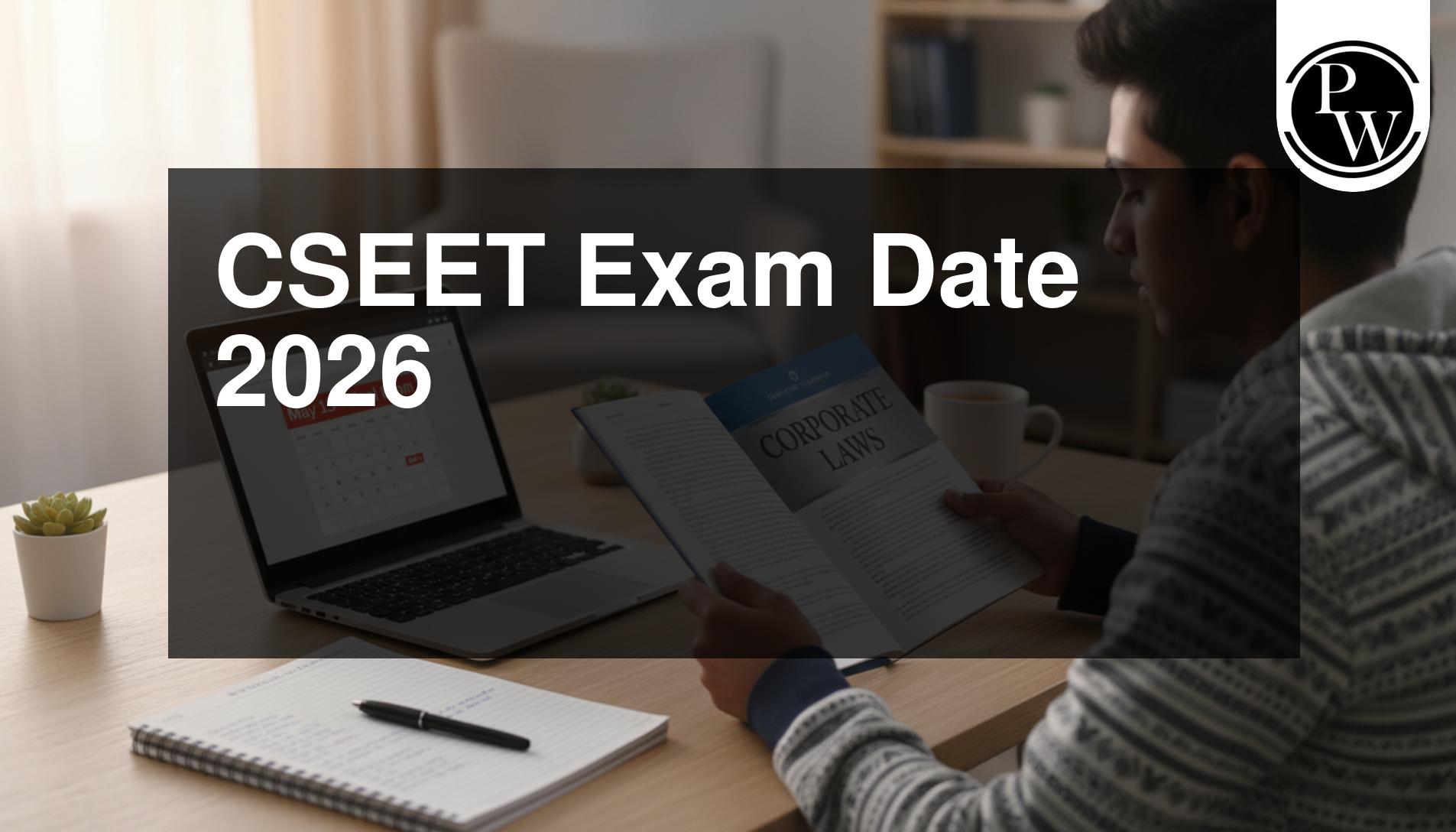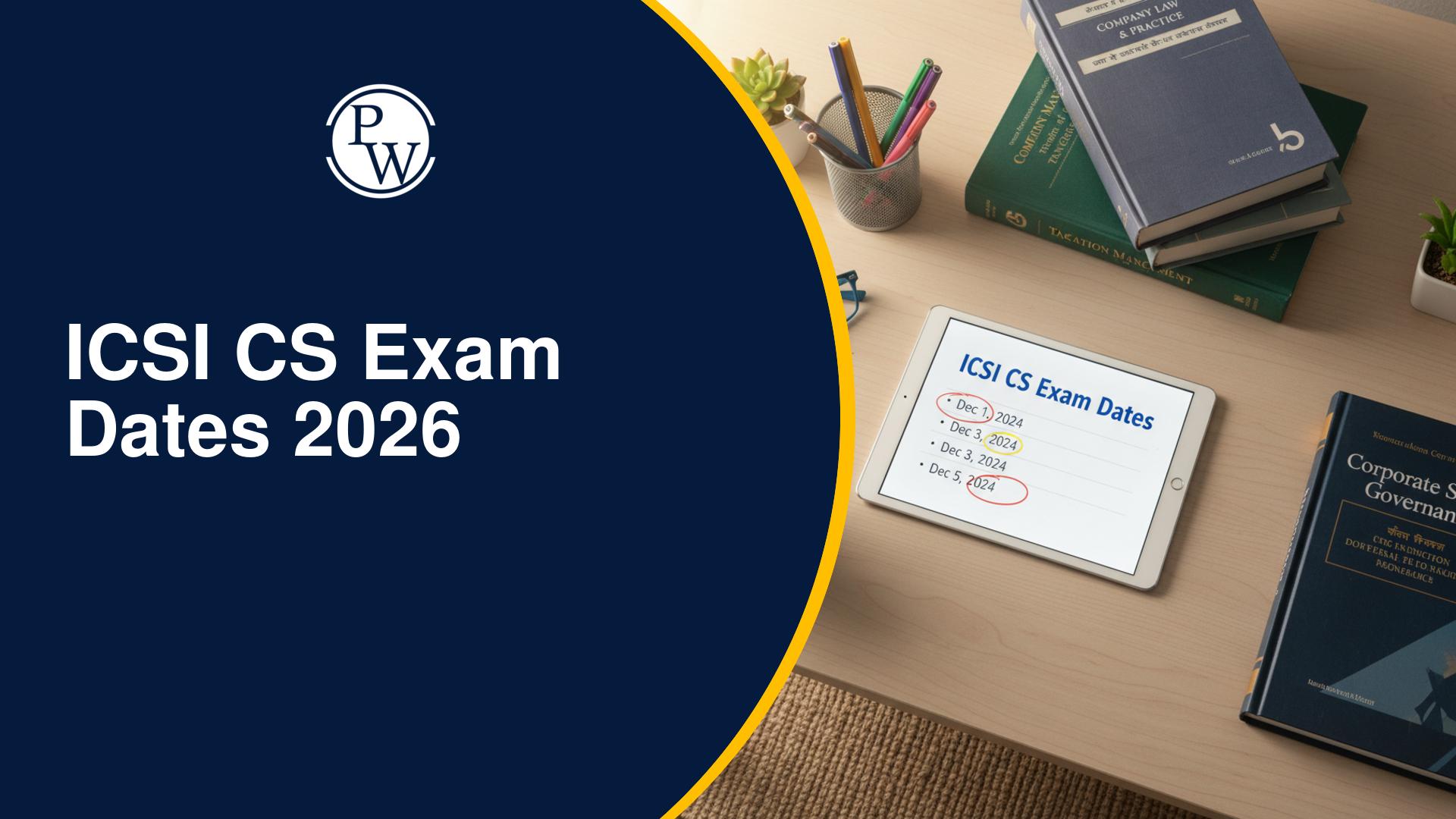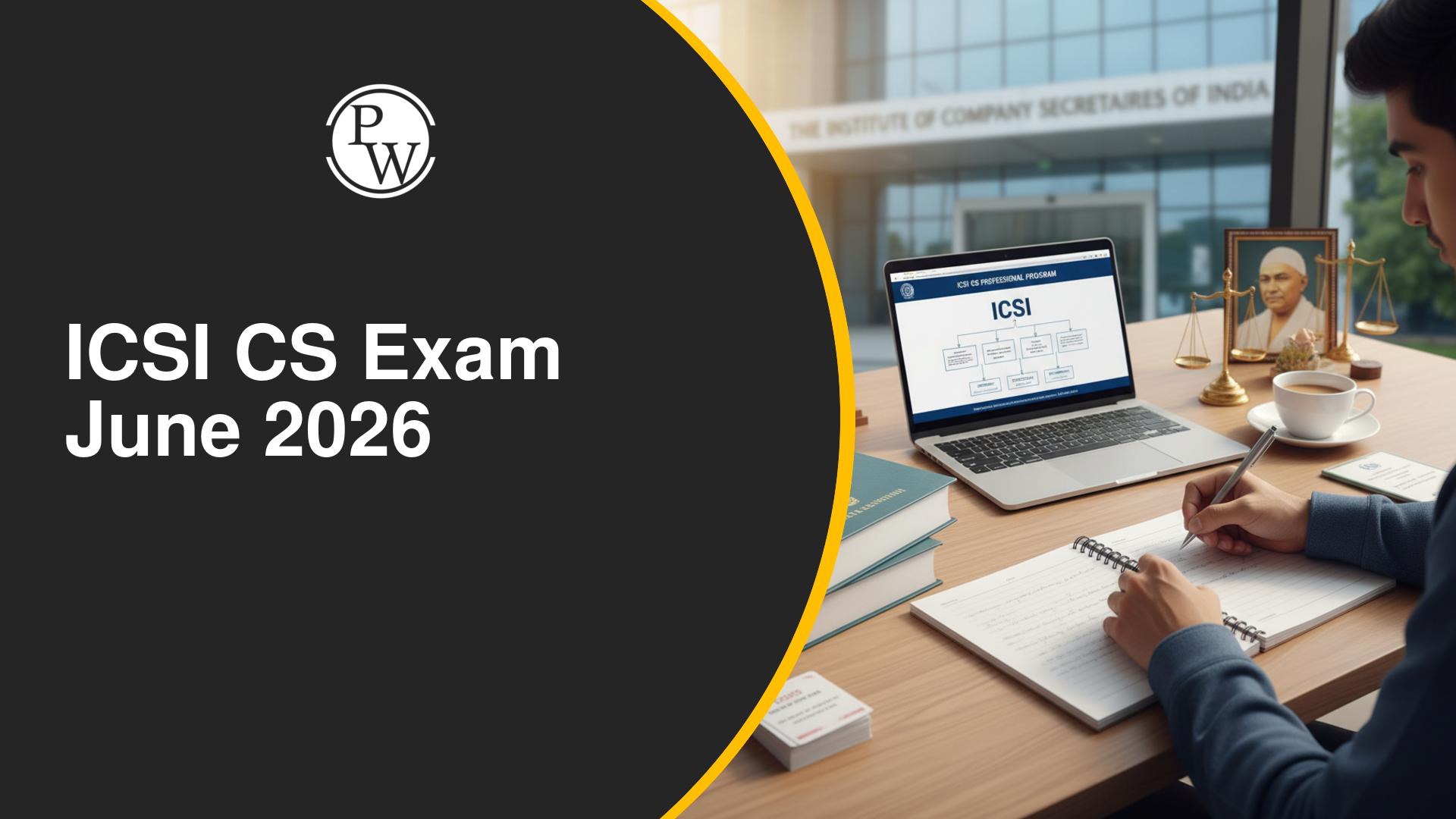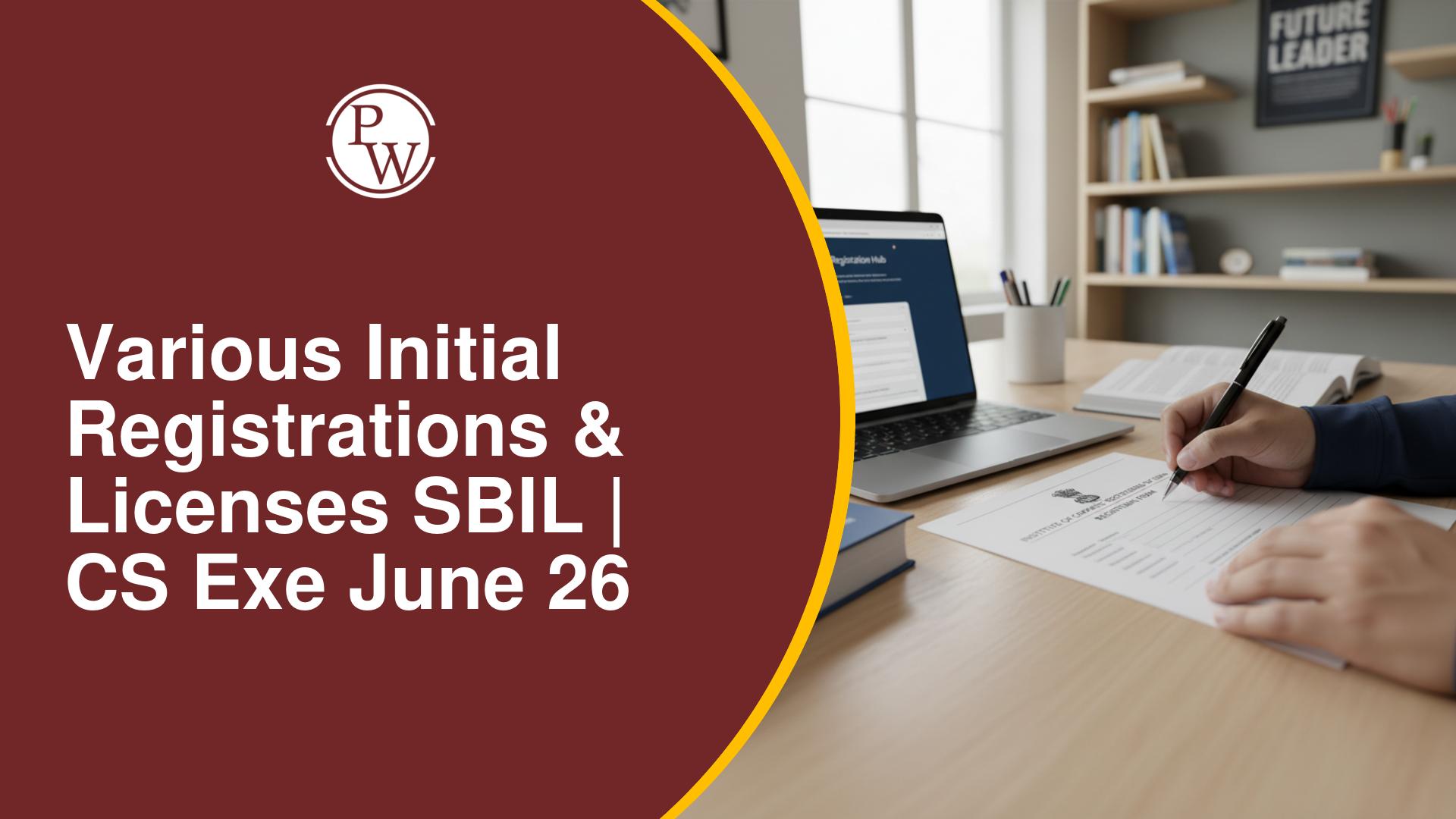
The registration of documents is a crucial aspect of property law, providing authenticity and legal enforceability to transactions. The Indian Registration Act, 1908, governs the registration process, ensuring that documents related to immovable property and other significant agreements are duly recorded. This article explores various facets of document registration, including classes of documents, exceptions, the impact of registration on oral agreements, consequences of non-registration, appeals, and key concepts like the transfer of property and the doctrine of lis pendens.
The Indian Registration Act, 1908, establishes the procedures and requirements for registering documents to ensure they are legally valid and enforceable. Registration provides public notice, prevents fraud, and maintains an accurate record of property rights and obligations.Classes of Documents
Documents are categorized based on their nature and the necessity of registration:- Compulsory Registration : Includes documents such as sale deeds, mortgages, leases (for more than one year), and gift deeds of immovable property.
- Optional Registration : Includes documents like wills and agreements related to movable property, which can be registered at the discretion of the parties involved.
Exceptions to Section 17(1)
Section 17(1) of the Indian Registration Act mandates the compulsory registration of certain documents. However, there are exceptions, including:- Instruments related to immovable property valued below ₹100 .
- Testamentary documents such as wills .
- Leases for a term less than one year .
- Documents creating an interest in immovable property of value less than ₹100 .
Registered Document Relating to Property When to Take Effect Against Oral Agreement
A registered document relating to property takes precedence over any oral agreement or unregistered document. Once registered, it provides public notice and legal validity, making it enforceable against third parties and superseding any conflicting oral agreements.Consequences of Non-Registration of Documents Required to be Registered Compulsorily
Failure to register documents that require compulsory registration leads to significant consequences:- Inadmissibility in Court : The document cannot be used as evidence in any legal proceeding.
- Loss of Legal Validity : The transaction is not legally recognized, affecting the transfer of rights or interests in the property.
- Risk of Fraud : Unregistered documents can lead to disputes and fraudulent claims.
Appeal to Registrar
If the registration of a document is refused, the aggrieved party can appeal to the Registrar. The appeal must be made within 30 days of the refusal, and the Registrar has the authority to review the decision and direct the registration of the document if warranted.Meaning of Transfer of Property
The transfer of property involves the conveyance of rights, title, and interest in property from one person to another. It includes transactions such as sales, mortgages, leases, exchanges, and gifts, governed by the Transfer of Property Act, 1882.Who Can Transfer the Property?
The property can be transferred by any person who is competent to contract, including:- Property Owner : The individual or entity holding legal title to the property.
- Authorized Representatives : Persons empowered by law or through a power of attorney to execute transactions on behalf of the owner.
- Trustees and Executors : Individuals managing property on behalf of beneficiaries.
Doctrine of Lis Pendens
The doctrine of lis pendens, under Section 52 of the Transfer of Property Act, 1882, states that any transfer of property during the pendency of a legal dispute over it is subject to the outcome of the litigation. This prevents parties from undermining the court's jurisdiction by altering property rights during ongoing proceedings.Rights of Mortgagee and Remedies
A mortgagee, or lender, has several rights and remedies under the law:- Right to Foreclosure : The mortgagee can seek to foreclose the mortgagor's right to redeem the property.
- Right to Sell : In case of default, the mortgagee can sell the mortgaged property to recover the loan amount.
- Right to Possession : The mortgagee can take possession of the property if stipulated in the mortgage agreement.
- Right to Sue for Debt : The mortgagee can file a suit for the outstanding loan amount if the sale proceeds are insufficient.
Registration of Documents FAQ
What is the Indian Registration Act, 1908?
The Indian Registration Act, 1908, governs the registration of documents related to property and other significant agreements, ensuring their legal validity and enforceability.
What are compulsory and optional registration of documents?
Compulsory registration includes sale deeds, mortgages, and leases over one year, while optional registration covers documents like wills and movable property agreements.
What are the consequences of not registering documents that require compulsory registration?
Non-registration of documents leads to inadmissibility in court, loss of legal validity, and risks associated with fraud and disputes over property rights.
What is the doctrine of lis pendens?
The doctrine of lis pendens under Section 52 of the Transfer of Property Act, 1882, prevents parties from transferring property during ongoing legal disputes, ensuring court decisions are respected.
What rights does a mortgagee have?
A mortgagee has rights including foreclosure, sale of mortgaged property in case of default, possession as per agreement, and the ability to sue for outstanding debts.
🔥 Trending Blogs
Talk to a counsellorHave doubts? Our support team will be happy to assist you!

Check out these Related Articles
Free Learning Resources
PW Books
Notes (Class 10-12)
PW Study Materials
Notes (Class 6-9)
Ncert Solutions
Govt Exams
Class 6th to 12th Online Courses
Govt Job Exams Courses
UPSC Coaching
Defence Exam Coaching
Gate Exam Coaching
Other Exams
Know about Physics Wallah
Physics Wallah is an Indian edtech platform that provides accessible & comprehensive learning experiences to students from Class 6th to postgraduate level. We also provide extensive NCERT solutions, sample paper, NEET, JEE Mains, BITSAT previous year papers & more such resources to students. Physics Wallah also caters to over 3.5 million registered students and over 78 lakh+ Youtube subscribers with 4.8 rating on its app.
We Stand Out because
We provide students with intensive courses with India’s qualified & experienced faculties & mentors. PW strives to make the learning experience comprehensive and accessible for students of all sections of society. We believe in empowering every single student who couldn't dream of a good career in engineering and medical field earlier.
Our Key Focus Areas
Physics Wallah's main focus is to make the learning experience as economical as possible for all students. With our affordable courses like Lakshya, Udaan and Arjuna and many others, we have been able to provide a platform for lakhs of aspirants. From providing Chemistry, Maths, Physics formula to giving e-books of eminent authors like RD Sharma, RS Aggarwal and Lakhmir Singh, PW focuses on every single student's need for preparation.
What Makes Us Different
Physics Wallah strives to develop a comprehensive pedagogical structure for students, where they get a state-of-the-art learning experience with study material and resources. Apart from catering students preparing for JEE Mains and NEET, PW also provides study material for each state board like Uttar Pradesh, Bihar, and others
Copyright © 2026 Physicswallah Limited All rights reserved.
